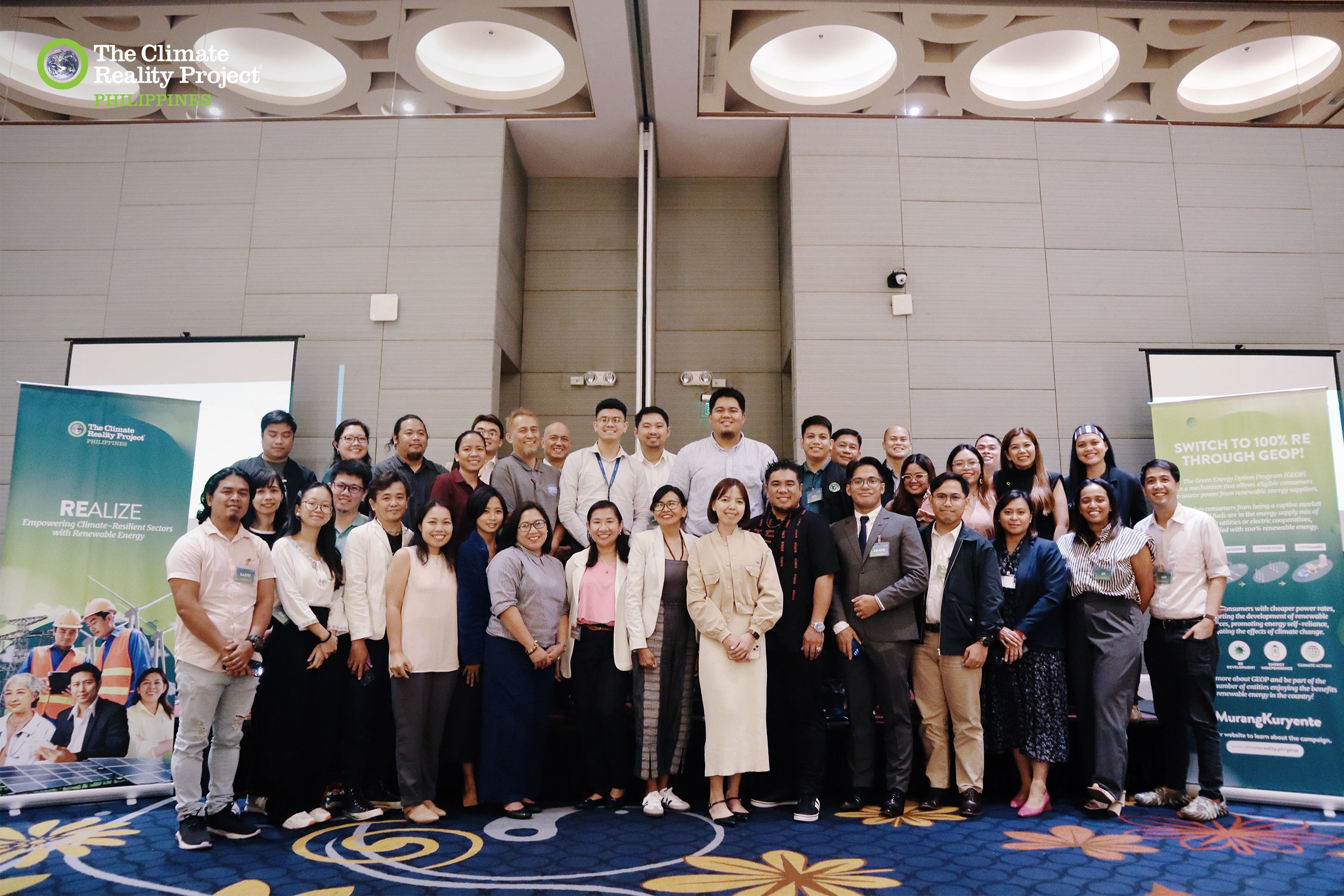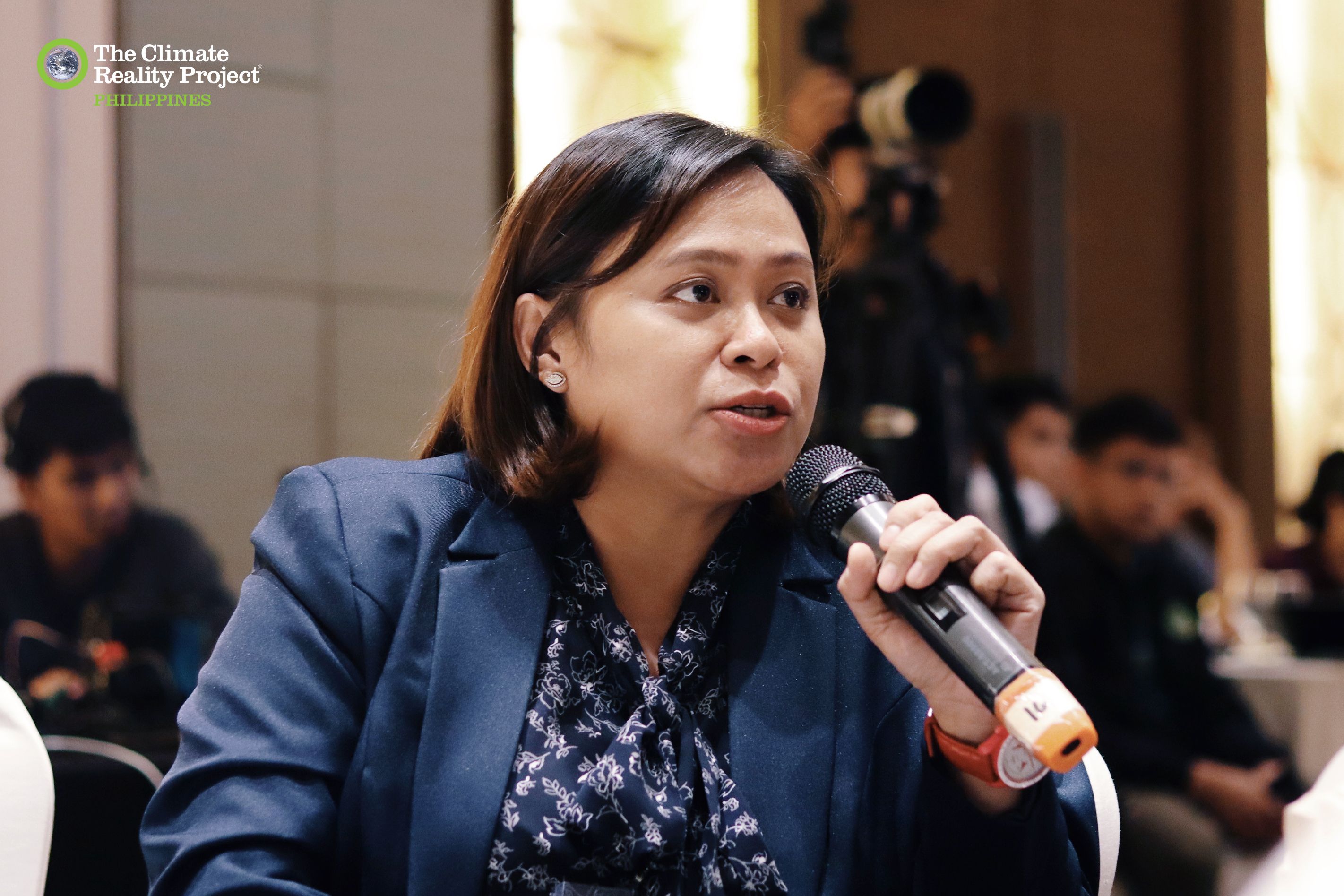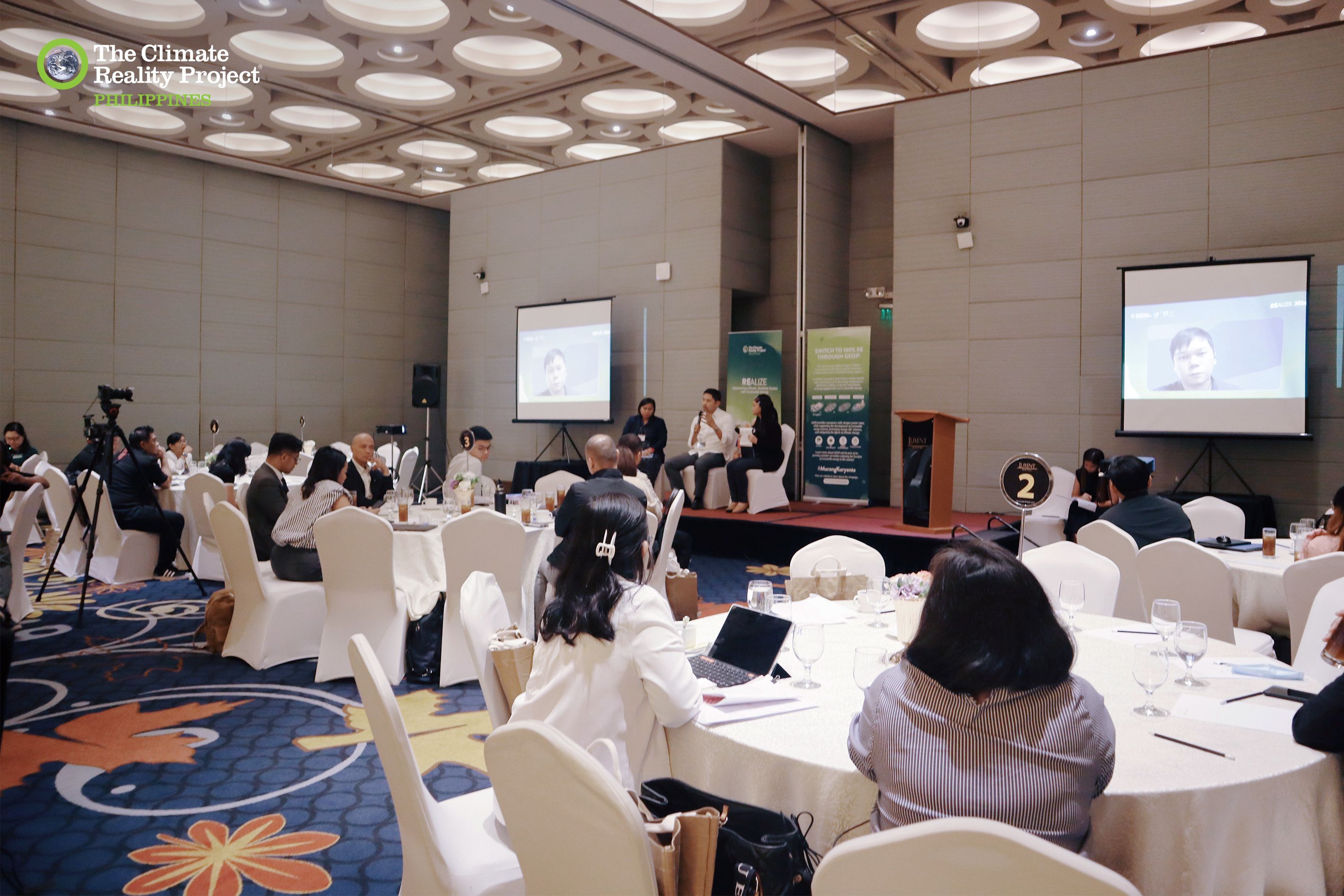Health sector goes green with renewable energy
"First, do no harm.”
This foundational principle of healthcare has guided medical professionals since the time of Hippocrates, the father of Western medicine. It underscores the commitment to avoid causing harm to people.
However, in a contradictory twist, the healthcare industry now finds itself contributing significantly to a global planetary health emergency—the climate crisis. Recent data reveal that healthcare's carbon footprint accounts for 5.2 percent of global net emissions, equivalent to the output of about 600 coal-fired power plants. If healthcare were a country, it would rank as the fifth largest climate polluter worldwide.
The Philippine health sector mirrors this global trend. Operating around the clock, healthcare facilities in the country continue to face significant challenges in reducing their climate impact, with fossil fuel-dependent energy consumption being a major contributing factor.

Green energy for hospitals
At the recently concluded hybrid conference, “REalize for Hospitals: Empowering a Climate-Resilient Health Sector with Renewable Energy,” The Climate Reality Project Philippines, in collaboration with Health Care Without Harm Southeast Asia (HCWH SEA), gathered stakeholders from the government, civil society organizations, and healthcare facilities to discuss the Green Energy Option Program (GEOP).
This energy mechanism, implemented by the Department of Energy (DOE), allows energy consumers, including healthcare facilities, to choose renewable energy (RE) as their source of 100 percent power. Essentially, GEOP provides qualified end-users the option to switch from a traditional distribution utility where fossil fuels dominate the energy mix to sourcing power directly from a renewable energy supplier.
The event primarily centered on the health sector, recognizing the renewed dedication of healthcare authorities and practitioners to bolster climate action in the country. The Department of Health (DOH), along with several health institutions from the Philippines, connected through HCWH’s Global Green and Healthy Hospitals network, participated in the conference, recognizing GEOP as a viable pathway to transition toward clean renewable energy.
Through GEOP, hospitals can source 100 percent of their power from renewable energy resources without spending on infrastructure, significantly reducing their carbon footprint and achieving substantial savings from cheaper power.
“These savings aren't just a windfall; they can be redirected to enhance services, improve equipment, or expand access to care. This makes GEOP an ideal springboard for the healthcare sector's journey toward decarbonization,” explained Nazrin Castro, brand manager at Climate Reality Project PH.
Health sector taking the lead
Recent efforts by the Philippine government have aimed to enhance the sustainability and climate resilience of the health sector. For instance, the Department of Health’s (DOH) participation in the 2023 United Nations Climate Change Conference (COP28) signifies its commitment to action.

At COP28, Health Secretary Ted Herbosa Jr. himself announced the Philippines’ membership to the Alliance for Transformative Action on Climate and Health, a global network that supports countries in developing low-carbon, climate-resilient, and sustainable health systems.
COP28 was a key moment for the global health sector, marking the first-ever Health Day at the annual climate gathering, as well as for the Philippines, which debuted its inaugural pavilion at the conference.
During the “REalize for Hospitals” conference, DOH Assistant Secretary Atty. Charade M. Grande acknowledged the sector's growing interest in adopting renewable energy and stressed the importance of the DOE's guidance in accessing the GEOP. The DOH recognizes the program's potential to make a substantial contribution to decarbonizing the healthcare sector.
Cross-sectoral collaboration between the DOH and DOE, along with other relevant stakeholders, is a fundamental principle upheld by HCWH SEA, an NGO working to transform health care worldwide so that it reduces its environmental footprint, becomes a community anchor for sustainability, and a leader in the global movement for environmental health and justice.
HCWH SEA’s Regional Climate Manager, Jit Sohal, emphasized the inextricable link between climate and health, sharing that 80 percent of emissions from the health sector come from fossil fuel combustion.

"The health sector has a unique opportunity to be a global leader in addressing the climate crisis. By rethinking the model with which we deliver healthcare, one that isn’t resource-intensive and fossil fuel-dependent, one that is centered on the principle of equitable access to quality care, we can create a low-carbon healthcare system that protects both public health and the planet,” said Sohal. “Many of our health facilities in the Philippines are showing us this is possible. We need to scale this up and leverage the GEOP as a springboard for other health facilities ready to take on this challenge.”
With hospitals and health facilities demanding urgent and adequate access to renewable energy, the health sector lends its voice to the growing movement of advocates and stakeholders finding solutions to avert the worst of the climate crisis.
The Climate Reality Project PH has been engaging government agencies and the broader energy network in raising awareness on GEOP and other renewable energy programs and seeking input to develop policy amendments to existing policies. It has supported the DOE in the past two months in raising awareness of GEOP among businesses in four ecozones across the country.
This roadshow will continue later this year, with the addition of public consultations on four more ecozones with the Institute for Climate and Sustainable Cities. Beyond ecozones, The Climate Reality Project Philippines is also expanding its reach with “REalize” conferences in the coming months, targeting the telecommunications, academic, and tourism sectors.
The priority ahead is clear: The energy sector needs to firm up in order to cater to the fast-growing demand of various sectors to access renewable energy. GEOP is a game-changer in this transformation with its capability to provide 100 percent renewable energy access without capital costs.
As evident during “REalize for Hospitals,” the healthcare sector can reinforce its commitment to safeguarding planetary health through this program. By halting reliance on fossil fuels and transitioning to renewable energy sources, it reaffirms its core principle of prioritizing the well-being of not only the people but also our planet, “First, do no harm.”
This article was jointly written with Healthcare Without Harm Southeast Asia, Climate Reality Philippines’ partner for the first leg of REalize, a series of conferences in support of our campaign for critical sectors to access cheaper and cleaner energy, while supporting our country’s climate and sustainable development goals.